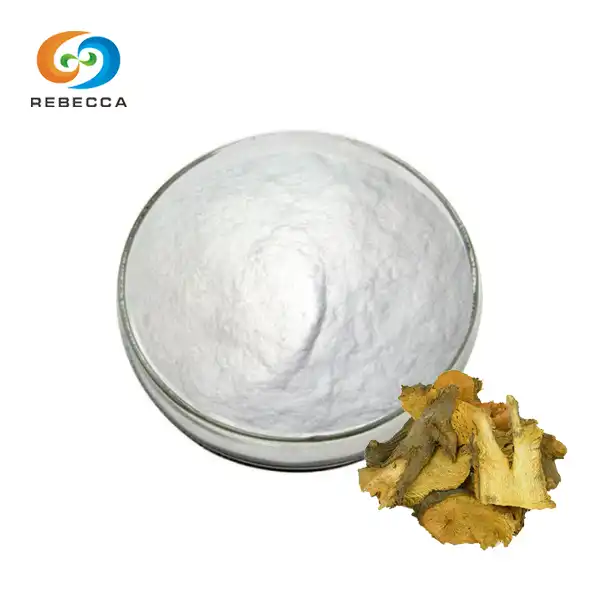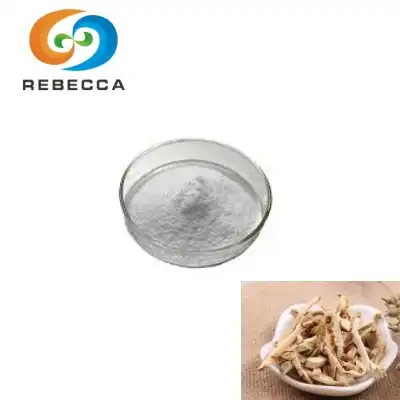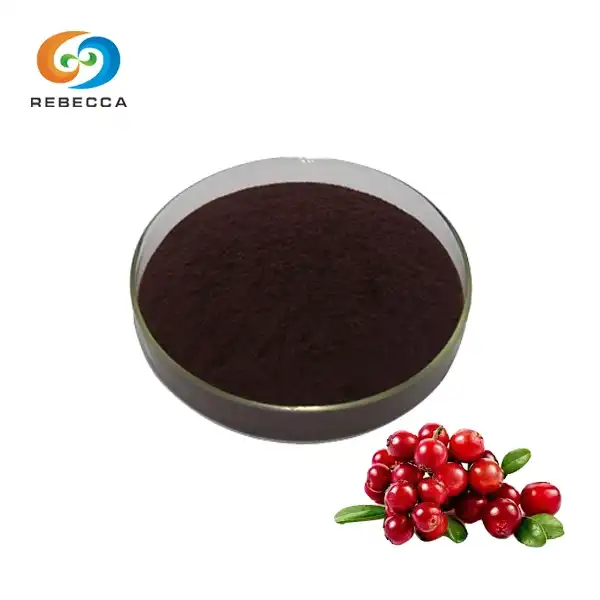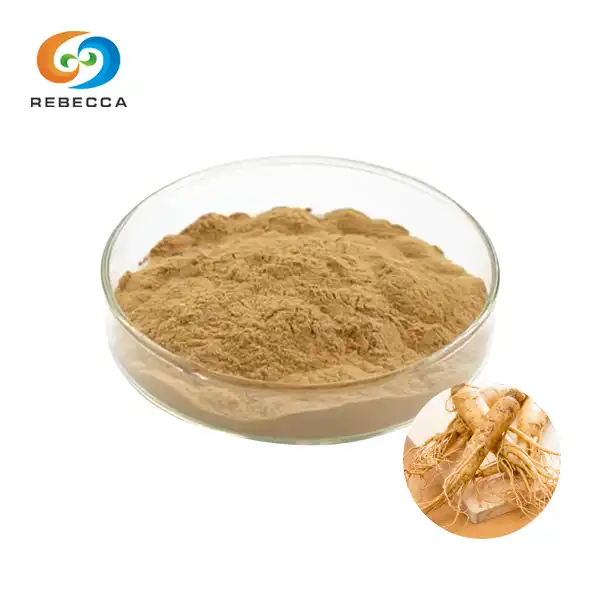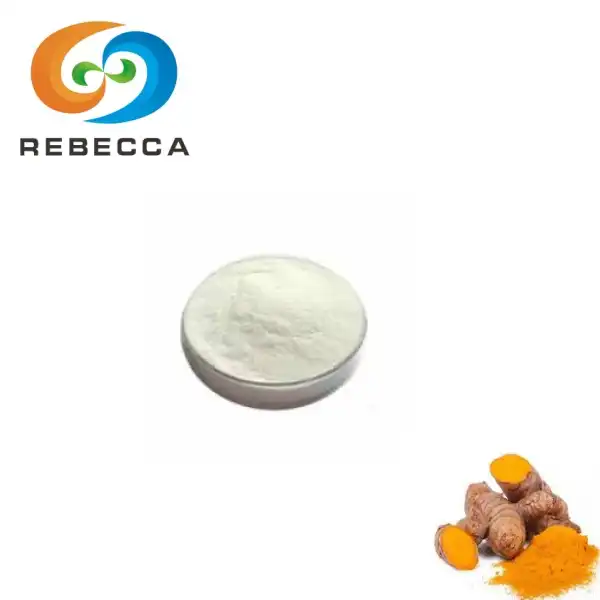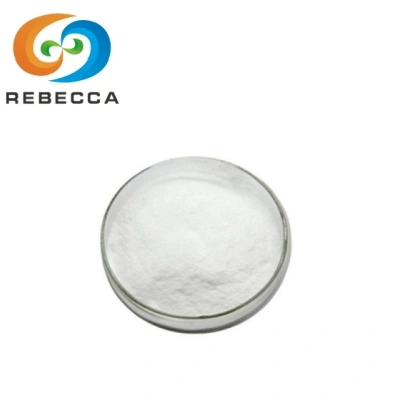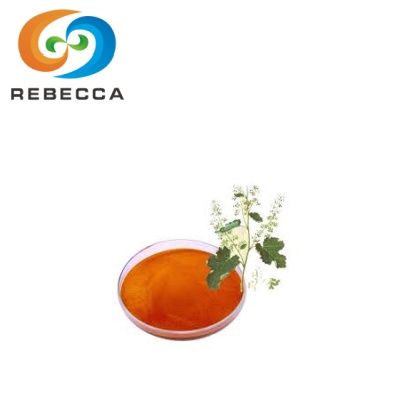How much bamboo extract per day?
Bamboo extract has gained significant attention in the health and wellness community for its rich silicon content and potential health benefits. Silicon, a trace mineral naturally found in bamboo, plays a crucial role in maintaining healthy bones, joints, skin, hair, and nails. As interest in natural supplements continues to grow, many individuals are exploring bamboo extract silicon as a dietary addition. However, determining the appropriate daily dosage requires careful consideration of various factors, including the product's concentration, individual health needs, and safety guidelines.
Finding the optimal daily intake of bamboo extract can be challenging due to variations in product formulations and the lack of universal dosage standards. This comprehensive guide will explore the recommended daily amounts based on scientific research, product specifications, and expert recommendations to help you make informed decisions about incorporating this supplement into your wellness routine.
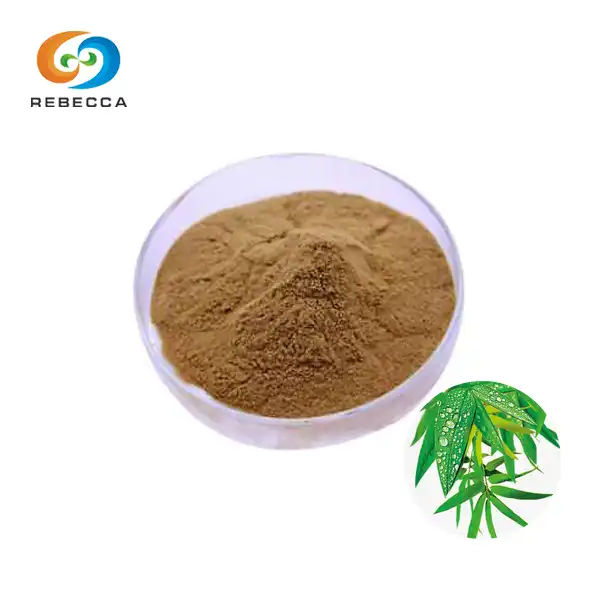
Product Name: bamboo leaf extract-Organic silicon, Lophatherum Herb Extract,Lophatherum Herb P.E
Specification:Organic silicon, Min 70%, UV.
Test Method: UV
Latin Name: Loather Herb Extract
As A Dietary Supplement
When considering bamboo extract silicon as a dietary supplement, understanding the typical dosage ranges is essential for achieving desired health benefits while avoiding potential issues associated with improper intake. Most bamboo extract supplements on the market recommend daily dosages ranging from 5 to 30 mg of silicon, depending on the specific product's concentration and formulation.
The typical silicon content in bamboo extract supplements varies significantly between products. High-quality bamboo extract silicon supplements often contain between 70% to 90% organic silicon, with the remainder consisting of other plant compounds. Based on this concentration, a daily intake of 10-15 mg of silicon from bamboo extract is commonly suggested for general health maintenance, while higher doses of 20-30 mg may be recommended for targeted concerns such as strengthening brittle nails or supporting bone health.
It's worth noting that dietary silicon requirements can differ based on age, gender, and specific health conditions. For instance, research suggests that postmenopausal women and older adults may benefit from higher silicon intake to support bone mineral density. A study published in the Journal of Bone and Mineral Research indicated that silicon supplementation might help reduce the risk of osteoporosis, particularly in individuals with lower dietary silicon intake.
When incorporating bamboo extract silicon into your daily regimen, it's advisable to start with a lower dose and gradually increase it based on your body's response and specific health goals. Some users report noticeable improvements in nail strength and hair quality within 4-6 weeks of consistent supplementation, while benefits related to bone health and joint function may take longer to manifest.
The bioavailability of silicon from bamboo extract is another important consideration. While bamboo contains a high concentration of silicon, the human body's ability to absorb and utilize this mineral depends on its chemical form. Orthosilicic acid, which is the bioavailable form of silicon, is more readily absorbed by the body compared to other forms. Some bamboo extract supplements are formulated to enhance bioavailability, potentially allowing for lower effective doses.
Daily consumption should ideally be spread throughout the day rather than taken as a single dose, as this approach may enhance absorption and utilization. Many health professionals recommend taking bamboo extract silicon with meals to further improve absorption, though specific timing may vary based on individual digestive patterns and the particular supplement formulation.


Product Concentration And Form
The concentration and form of bamboo extract silicon products significantly influence the appropriate daily dosage. Bamboo extract supplements are available in various forms, including capsules, tablets, powders, and liquid extracts, each with different concentration levels and absorption characteristics that affect dosing recommendations.
Capsules and tablets typically contain standardized amounts of bamboo extract silicon, often ranging from 250 mg to 500 mg of bamboo extract per serving. However, the actual silicon content varies based on the extract's concentration. For instance, a 500 mg capsule of bamboo extract with 70% silicon content would provide approximately 350 mg of silicon. Manufacturers generally recommend taking 1-2 capsules daily, which would provide roughly 350-700 mg of silicon from bamboo extract.
Powdered bamboo extract offers greater flexibility in dosing, allowing users to adjust the amount based on their specific needs. These products typically include a measuring scoop, with each scoop providing a standardized amount of extract. The concentration of silicon in powdered products can range from 50% to 90%, depending on the extraction method and quality standards. When using powdered bamboo extract silicon, it's essential to adhere to the manufacturer's guidelines and avoid exceeding the recommended dosage.
Liquid bamboo extract formulations often contain lower concentrations compared to solid forms, but may offer enhanced absorption due to their pre-dissolved state. These products typically provide specific dosing instructions, such as a certain number of drops or milliliters per day, corresponding to a defined amount of silicon. The advantage of liquid forms is their potential for faster absorption and easier administration, particularly for individuals who have difficulty swallowing capsules or tablets.
The processing method used to extract silicon from bamboo significantly impacts the final product's quality and bioavailability. Extraction techniques involving water, alcohol, or other solvents yield different concentrations of silicon and accompanying plant compounds. High-quality bamboo extract silicon supplements typically undergo multiple purification stages to remove impurities while preserving the silicon content. Products that specify "organic silicon" or "bioavailable silicon" often command premium prices but may require lower doses due to their enhanced absorption profiles.
When evaluating bamboo extract products, paying attention to silicon content percentage is crucial. Premium products often contain at least 70% silicon, determined by UV spectroscopy testing, which ensures a consistent and reliable dosage. This concentration level allows for efficient delivery of silicon while minimizing the amount of supplement needed daily.
Combination products that pair bamboo extract silicon with complementary nutrients such as calcium, magnesium, vitamin D, or collagen may alter the optimal dosage. These formulations are designed to enhance the effectiveness of silicon through synergistic interactions, potentially allowing for reduced silicon intake while maintaining beneficial effects. When using such combination products, following the manufacturer's specific dosing recommendations is particularly important.
Safety And Individual Differences
Safety considerations play a vital role in determining the appropriate daily intake of bamboo extract silicon. While silicon is generally regarded as safe for most individuals when consumed in recommended amounts, exceeding suggested dosages may lead to potential side effects or complications. Understanding individual factors that influence tolerance and response to bamboo extract supplementation is essential for safe and effective use.
The upper tolerable intake level for silicon has not been definitively established by regulatory authorities. However, most healthcare professionals recommend not exceeding 30-40 mg of silicon daily from supplements without medical supervision. Consuming excessive amounts of bamboo extract silicon over extended periods may potentially lead to silicon accumulation in tissues, though research on long-term high-dose supplementation remains limited.
Individual factors significantly influence the optimal daily intake. Age-related differences in silicon metabolism suggest that older adults may benefit from higher supplemental doses compared to younger individuals. Similarly, gender appears to play a role in silicon utilization, with some research indicating that women may process and incorporate silicon differently than men, particularly during hormonal transitions such as menopause.
Pre-existing health conditions necessitate careful consideration when determining bamboo extract dosage. Individuals with kidney disorders should exercise particular caution, as compromised kidney function may affect silicon elimination. Those with silica-related respiratory conditions, such as silicosis, should consult healthcare providers before using bamboo extract supplements, even though dietary silicon differs from the industrial silica associated with such conditions.
Rebecca: Bamboo Extract Silicon
At Rebecca Bio-Tech, we pride ourselves on producing premium-quality bamboo extract silicon supplements that meet the highest industry standards. Our products are rigorously tested to ensure optimal silicon concentration and bioavailability, helping you achieve your health and wellness goals efficiently.
Our bamboo extract is sourced from sustainable bamboo forests and processed using advanced extraction methods that preserve the natural potency of this plant. With a minimum of 70% organic silicon content verified through precise UV spectroscopy testing, our supplements deliver consistent and reliable results.
Whether you're looking to strengthen your hair and nails, support bone health, or enhance your skin's elasticity, our bamboo extract supplements provide the natural support your body needs. We offer various formulations to accommodate different preferences and health requirements.
For more information about our silicon products or to place an order, please contact our knowledgeable team at information@sxrebecca.com. Our specialists are ready to help you find the perfect solution for your specific needs.
References
1. Jugdaohsingh R. (2007). Silicon and bone health. The Journal of Nutrition, Health & Aging, 11(2), 99-110.
2. Jurkić LM, Cepanec I, Pavelić SK, Pavelić K. (2013). Biological and therapeutic effects of ortho-silicic acid and some ortho-silicic acid-releasing compounds: New perspectives for therapy. Nutrition & Metabolism, 10(1), 2.
3. Martin KR. (2013). Silicon: the health benefits of a metalloid. Metal Ions in Life Sciences, 13, 451-473.
4. Rodella LF, Bonazza V, Labanca M, Lonati C, Rezzani R. (2014). A review of the effects of dietary silicon intake on bone homeostasis and regeneration. The Journal of Nutrition, Health & Aging, 18(9), 820-826.
5. Price CT, Koval KJ, Langford JR. (2013). Silicon: a review of its potential role in the prevention and treatment of postmenopausal osteoporosis. International Journal of Endocrinology, 2013, 316783.
